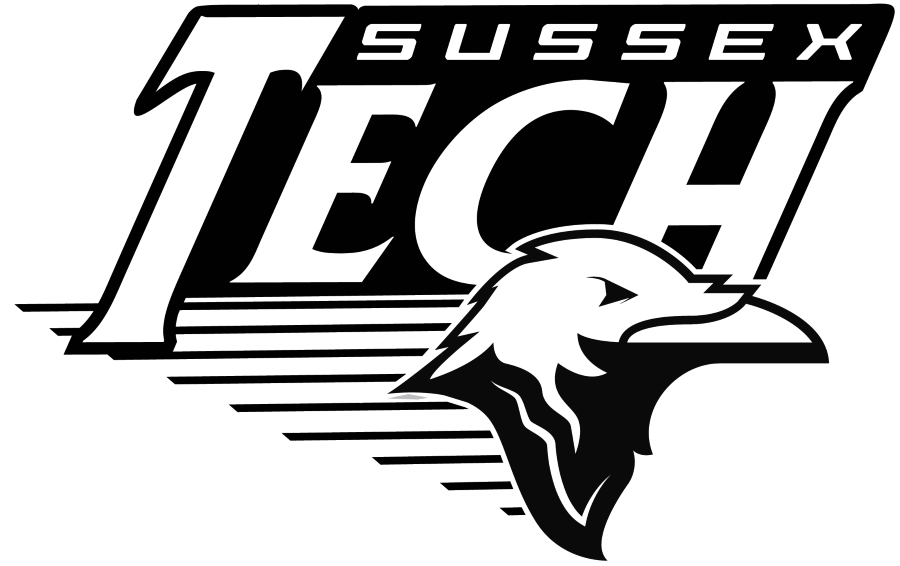Science
Scroll down to browse through Sussex Tech's Science Courses.
Science
Click on a course to reveal more information.
Credit – 1
Integrated Science examines the principles of energy, waves, and properties of matter and their relationships to the individual, society, and the world. This laboratory science course explores the concepts of conservation of matter and energy as they relate to physical, chemical, and geological systems. Course content reflects state and Next Generation Science Standards (NGSS).
Credit – 1
Principles of Biology and Chemistry build upon concepts studied in Integrated Science. This laboratory science course explores the nature of science, ecology, energy transfers in life processes, evolution by natural selection, cell structure and function, biochemistry, genetics, and biotechnology. Course content reflects state and Next Generation Science Standards (NGSS).
Credit – 1
Building on knowledge developed in Integrated Science and Principles of Biology and Chemistry, this course expands upon concepts of chemistry including: atomic theory, chemical formulas, reactions, mixtures and solutions, gas laws, and nuclear theory. Through laboratory experiences, students develop an understanding of chemical concepts and their applications. This course is designed for students who wish to gain an entry-level foundation in chemistry. Course content reflects state and Next Generation Science Standards (NGSS).
Credit – 1
Building on knowledge developed in Integrated Science, physics investigates theory and application of Classical Mechanics, Newton’s Laws of Motion, Electrical Systems, Electromagnetic Waves, Universal Gravitation, and Astronomy. Through participation in laboratory experiences, students develop an understanding of connections between physics and the workings of simple and complex technological devices. Topics are studied in-depth and mathematics is stressed throughout the course. Course content reflects state and Next Generation Science Standards (NGSS).
Credit – 1
This course covers anatomy and physiology as it relates to the human body. Micro-anatomy of cells and tissues and gross anatomy of body systems are emphasized. Students gain an understanding of anatomy and physiology through the use of microscopes, dissection of laboratory animals, and mammalian organ observation and experimentation. The relationship between body structure and function is related to health and clinical practice. This course is highly recommended for any student interested in pursuing a career in Health and Human Services.
Credit - 1
Prerequsite – Designated by DTCC
This course introduces terms comprising the language of medicine. Topics include Greek and Latin prefixes, suffixes, roots, and abbreviations as well as terms related to disease and surgical, laboratory, imaging, and clinical procedures. Emphasis is placed on defining, pronouncing, and appropriately using the terms in written and oral communication. This course requires a discounted fee toward earning three college credits.
Credit – 1
Prerequsite – Designated by DTCC
This course covers the basic principles of nutrition and their application to the health and well-being of humans throughout the life cycle. The role of diet therapy in the prevention and treatment of disease is included. This course requires a discounted fee toward earning three college credits.
Credit – 1
Prerequsite – Designated by DTCC
This course is designed for students majoring in technical areas other than chemistry. Topics include the metric system, structure of matter, nomenclature, reactions, gases, rates and equilibrium, solutions, acids, bases, and nuclear chemistry. Laboratory experiments are used to illustrate the theory. This course requires a discounted fee toward earning four college credits.
Credit – 1
Prerequsite – Designated by DTCC
This course studies the anatomy and physiology of humans, including the structure and function of cells, tissues, integumentary, skeletal, muscular, nervous, and endocrine systems. Coordinated laboratory experiments are an integral part of this course. This course requires a discounted fee toward earning five college credits.
